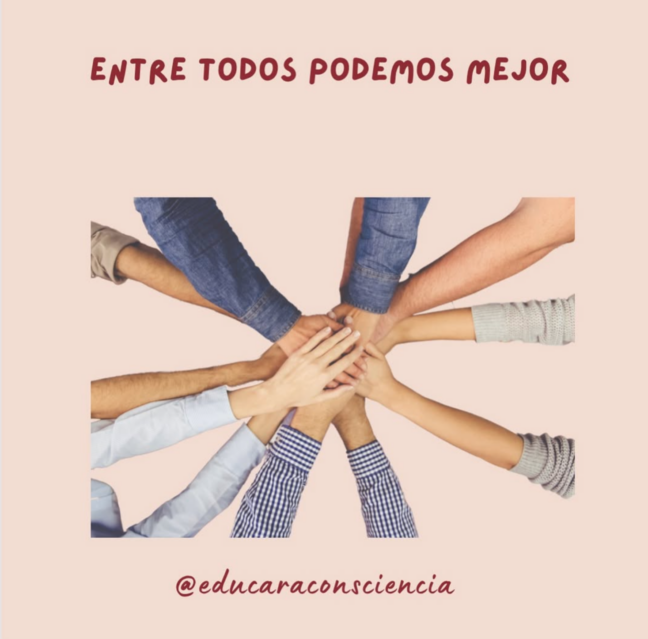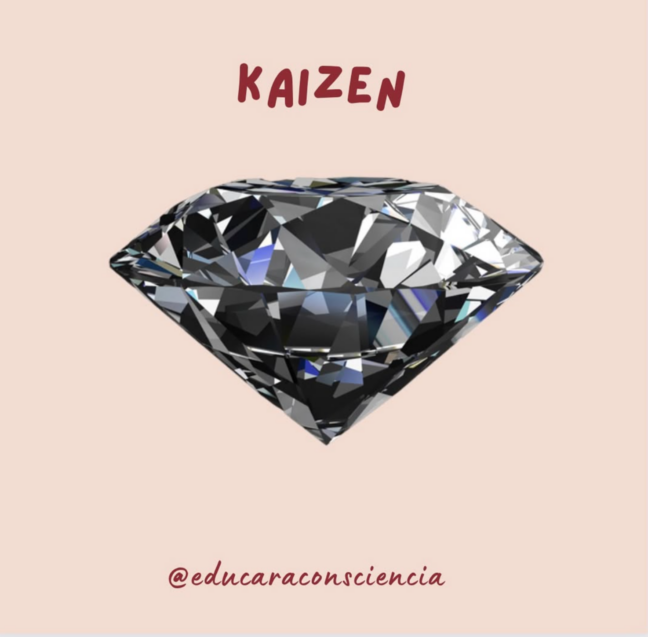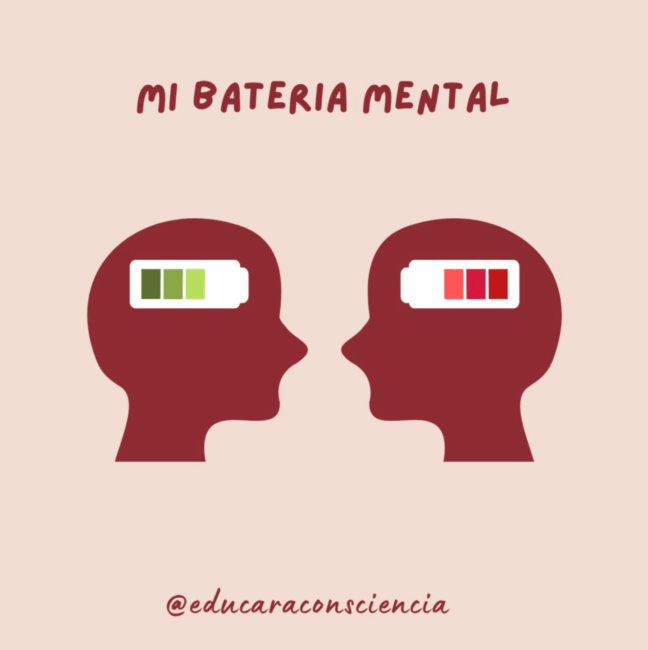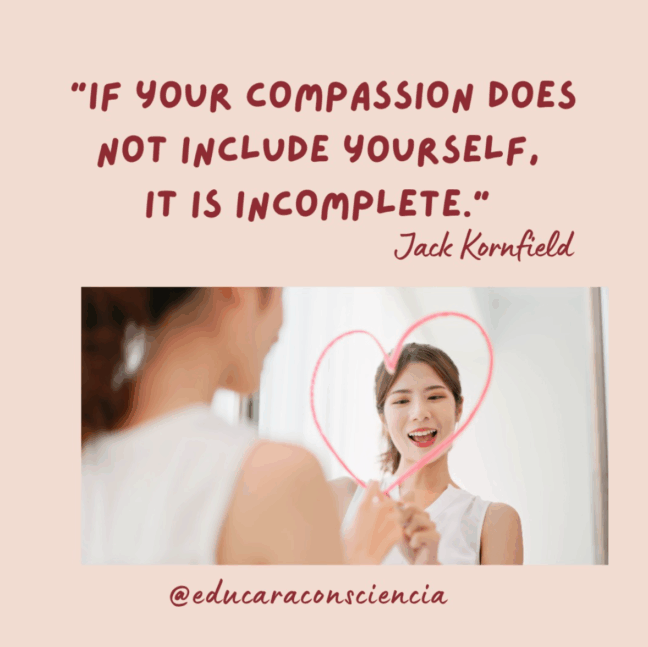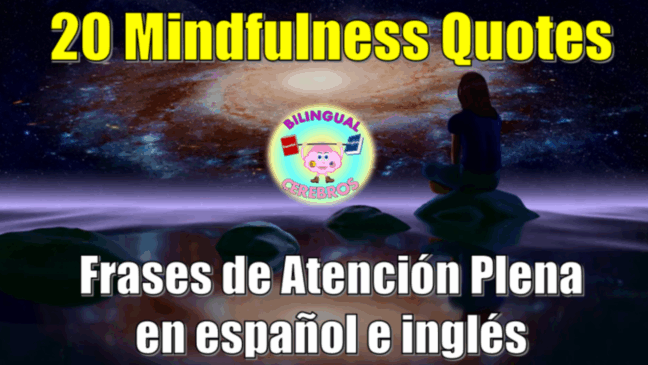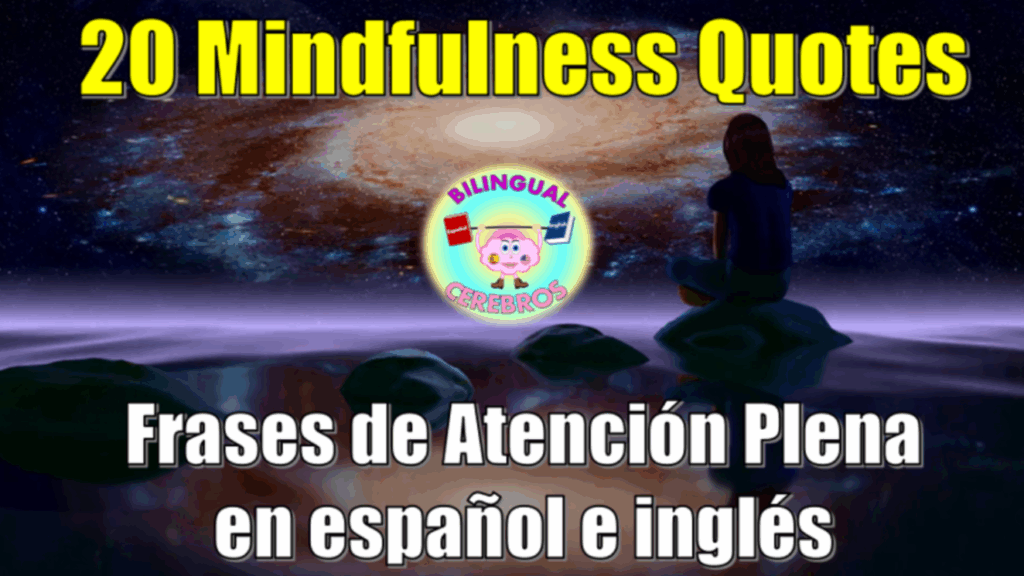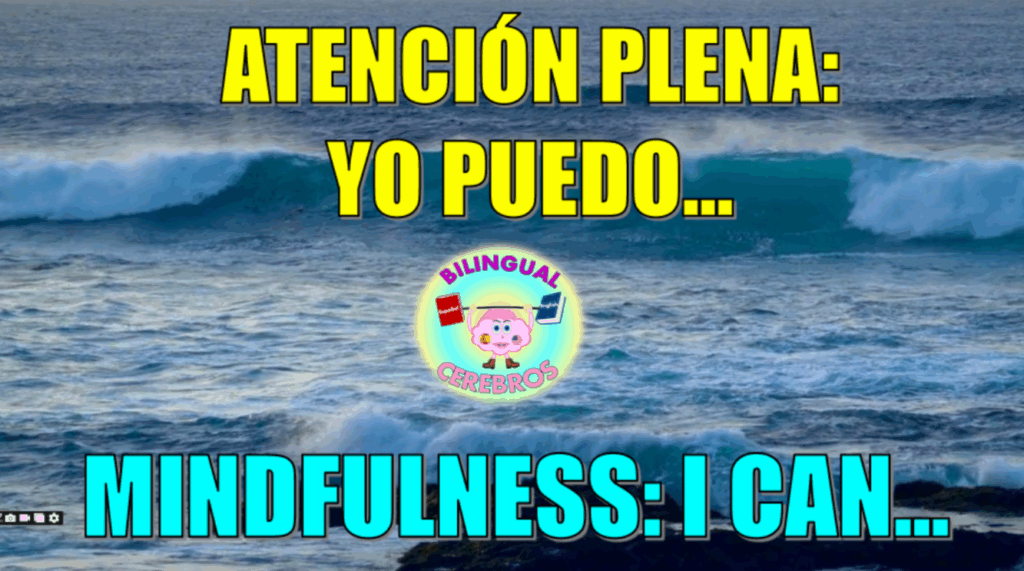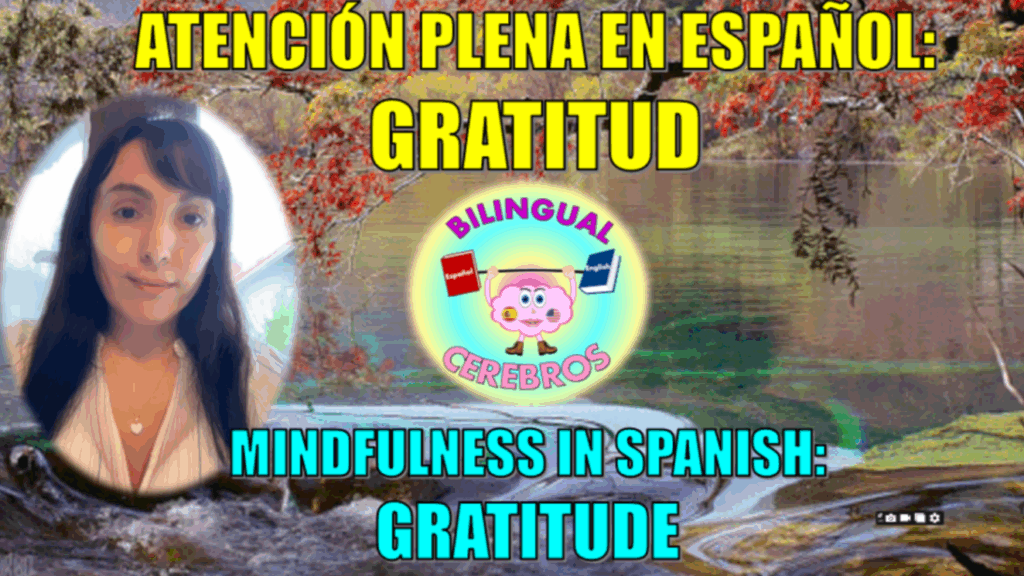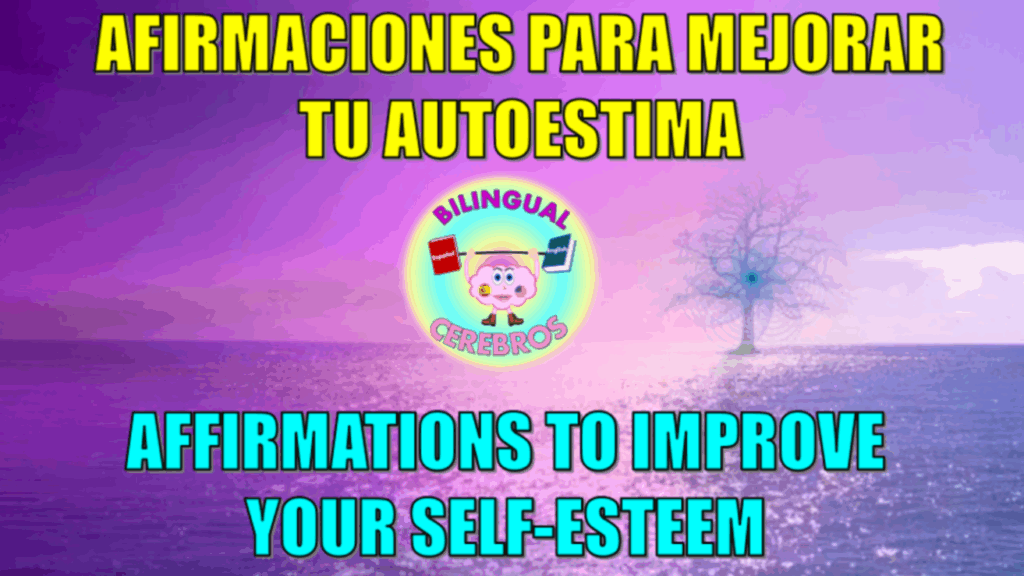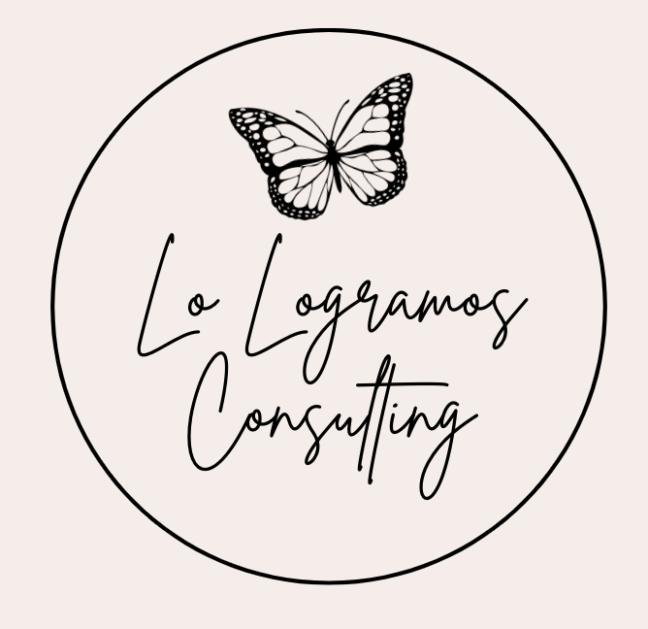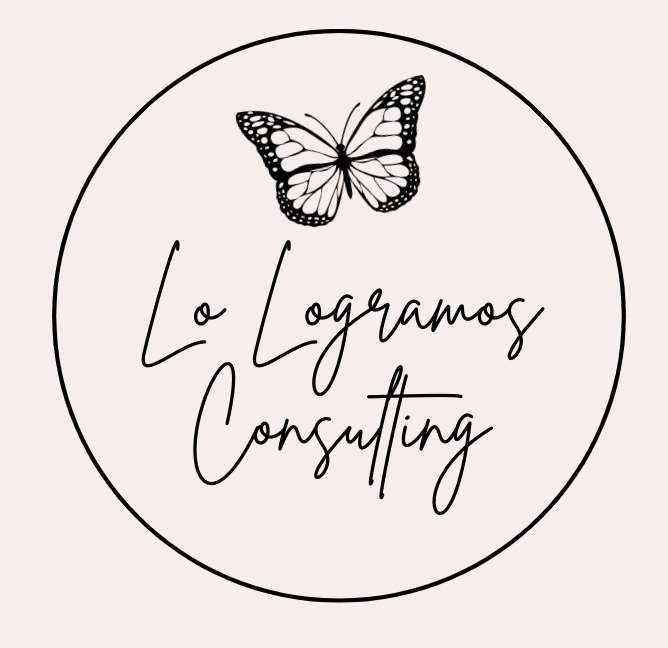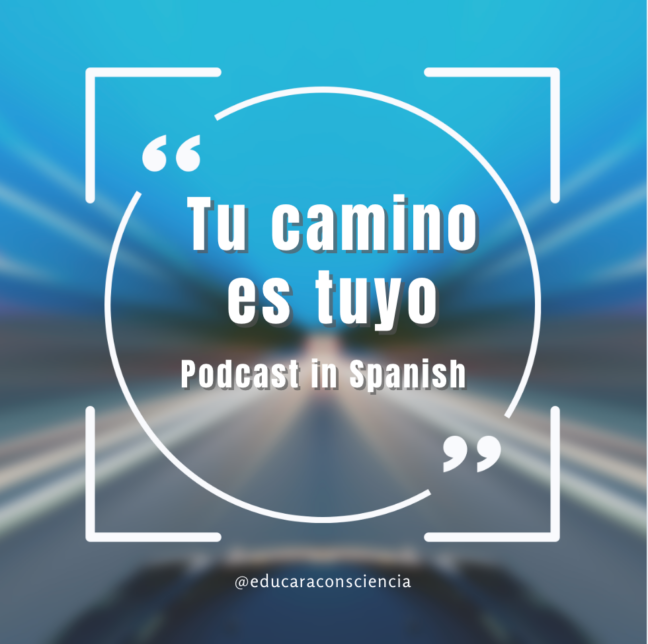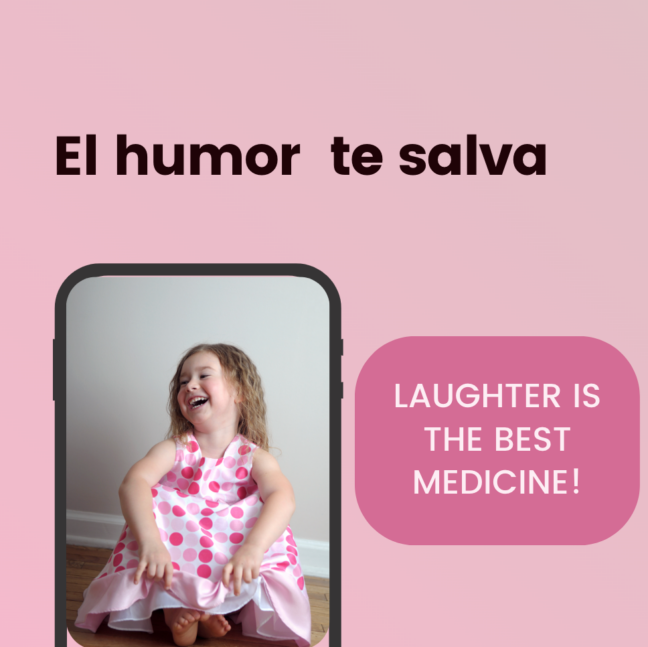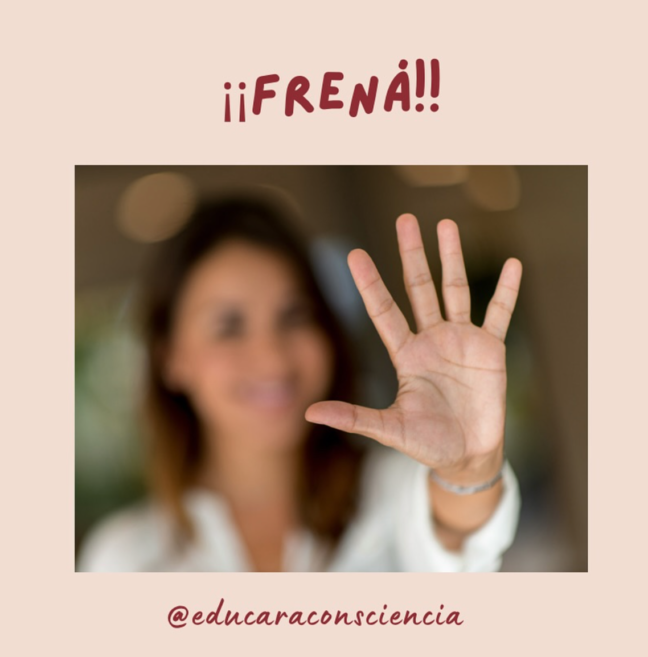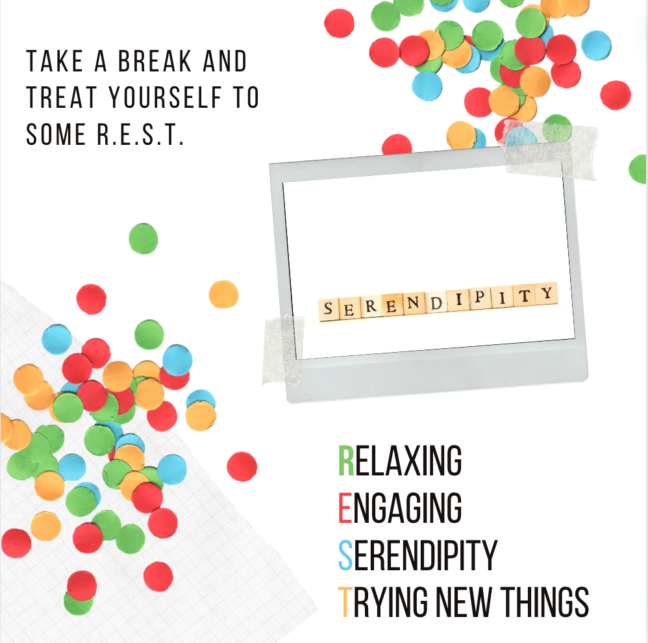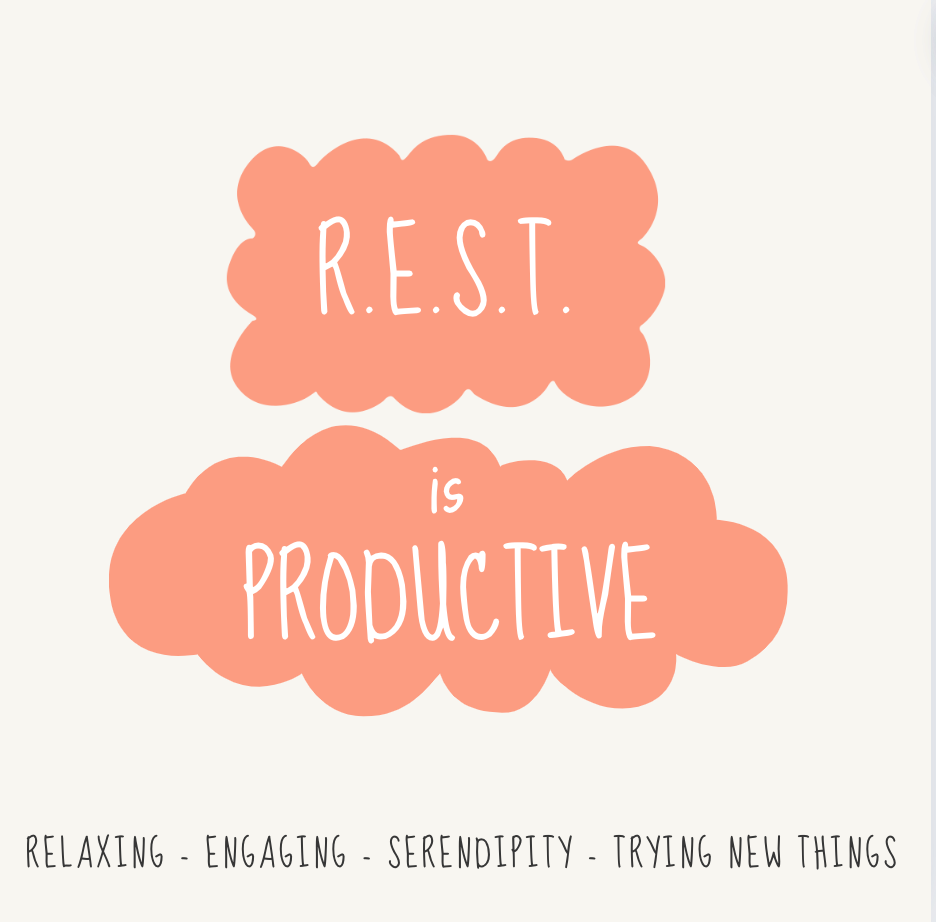by Justa Rebollo Paz (LTL Contributor)
Entre todos podemos mejor
🤍Con los años de docencia y en especial durante mis años de directora, me topé con diferentes tipos de maestras, profesores, auxiliares más o menos capacitados o motivados.
🤍Sin duda puedo asegurar que cuando varias cabezas y manos se juntan formando un equipo, surgen ideas maravillosas.
🤍Sin duda puedo asegurar que si algún integrante del equipo flaquea, le cuesta más o pasa por un momento de crisis, entre todos los demás podemos alentarlo, empujarlo, motivarlo para que pueda.
🤍Porque todos somos importantes en un equipo.
🤍Porque es mejor sumar que competir.
🤍Porque entre todos nos complementamos.
🤍Porque estar atentos al otro, interesarme, abrazar y convocar, hace bien al otro, a mí, y al equipo entero.
🤍Porque comunicar, habilita.
🤍Pedir ayuda, ayuda.
🤍Observar es fundamental.
🤍Escuchar nos conecta.
🤍Y que todos podamos es mejor que si uno queda atrás…
🤍Así que no te olvides: EL QUE PUEDE, PUEDE. Y EL QUE NO, LO AYUDAMOS ENTRE TODOS PARA QUE TAMBIÉN PUEDA!
🤍Porque todos somos parte de un mismo equipo.
Together We Can Do Better
🤍 With the years of teaching and especially during my years as a director, I came across different types of teachers, professors, assistants more or less trained or motivated.
🤍 I can certainly assure that when several heads and hands come together to form a team, wonderful ideas emerge.
🤍 Without any doubt, I can assure you that if any member of the team at some point falters, experiences more difficulty, or is going through a crisis, all the other members of the team can encourage or motivate him/her so that he/she can go through
🤍 Because we are all important on a team.
🤍 Because it’s better to add than to compete.
🤍 Because we all complement each other.
🤍 Because being attentive to the other, being interested, and being supportive, does to me, to the other, and to the whole team, really good.
🤍 Because communicating, enables.
🤍 Asking for help, helps.
🤍 Observing is key.
🤍 Listening connects us.
🤍And we are all better if no one is left behind…
🤍 So don’t forget: He who is able, will do well. And the one who is not, all of us help him so that he can do well too.
🤍 Because we are all part of the same group
